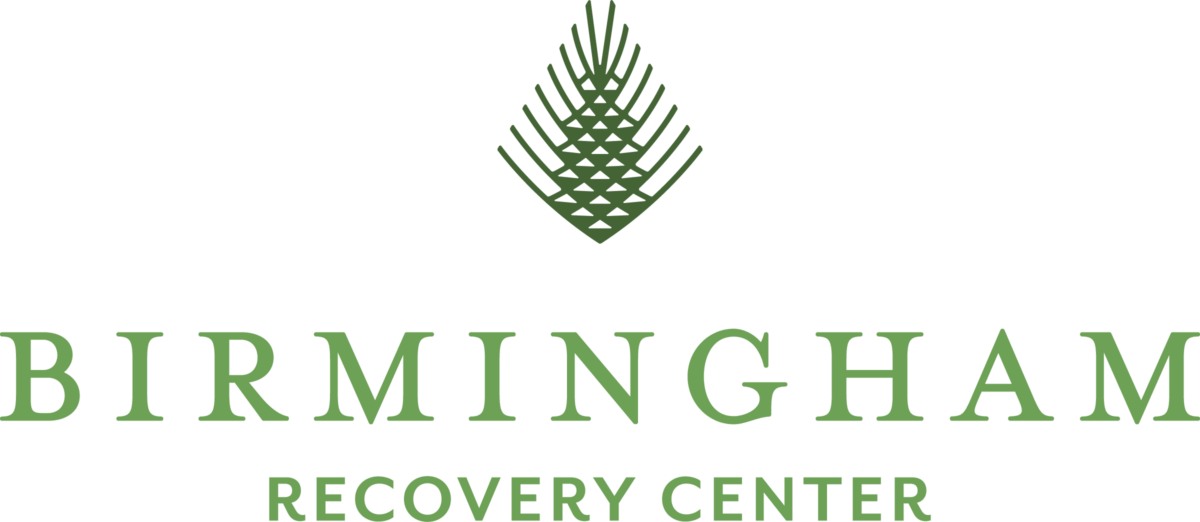Living with a dual diagnosis – which is when an individual is managing both a mental health disorder and a substance use disorder – can be incredibly challenging. It’s important to identify these conditions as soon as possible because if they are left untreated, the symptoms of each can worsen over time. Unchecked disorders can affect various facets of life, from relationships to emotional stability and physical well-being – creating ripples that touch nearly all areas of one’s life.
What Is Dual Diagnosis?
Dual diagnosis is the co-occurring presence of both a mental health disorder and a substance use disorder. This dual condition means that an individual is dealing with two separate conditions at the same time, each of which requires its own specialized treatment plan. Mental health disorders can range from depression or anxiety to eating disorders or bipolar disorder, while substance use disorders refer to abuse of alcohol or drugs.
When a dual diagnosis is left untreated, the symptoms of each disorder have the potential to become worse over time. This is because substance use can help mask the underlying mental health disorder and vice versa. Not to mention, self-medicating with substances can cause an individual to become even more emotionally or physically distressed.
Life-Altering Effects of Untreated Symptoms
An untreated dual diagnosis can have far-reaching effects on one’s life. It could lead to problems in relationships, difficulty maintaining employment and school performance, legal issues due to substance abuse, or engaging in risky behaviors while high or drunk. It may also lead to a decrease in overall physical health from the combination of disorders, such as cardiac conditions or digestive problems from abusing alcohol or drugs.
Untreated dual diagnosis can also lead to an increased risk of self-harm or suicidal thoughts, as well as other negative physical, mental, and emotional health effects such as memory loss, weight gain/loss, fatigue, difficulty concentrating, or sleeping problems. If left untreated for a prolonged period of time, dual diagnosis can result in serious medical complications. For this reason, it is essential to seek treatment for dual diagnosis as soon as possible.
Treating Dual Diagnosis
Fortunately, dual diagnosis can be effectively treated with a comprehensive approach. This typically involves dual-focused therapy and individualized treatment plans that involve both mental health care and substance abuse therapies. An individual may also benefit from attending support groups or engaging in other holistic approaches such as mindfulness practices or yoga. With the right help and support, dual diagnosis is something that can be managed over time.
By recognizing dual diagnosis early on and actively working towards treatment, it is possible to manage symptoms of both mental health disorder and substance use disorder simultaneously, so they do not worsen over time. With the appropriate resources, individuals can lead healthy and fulfilling lives despite these simultaneously-occurring conditions.
What Kind of Treatments Are Available?
Treatment for dual diagnosis can vary depending on the type and severity of each disorder. Generally, dual diagnosis treatment plans should include psychotherapy, medication management, lifestyle changes, support groups, and other holistic approaches. It is also important to address any underlying trauma that may be contributing to the dual diagnosis.
- Psychotherapy – Cognitive Behavioral Therapy (CBT) and Dialectical Behavior Therapy (DBT) are common types of psychotherapy used to help individuals with dual diagnosis manage their symptoms and behaviors.
- Medication Management – Medication can be prescribed to help individuals manage their dual diagnosis and withdrawal symptoms. However, it is important to note that medication does not “cure” dual diagnosis but rather can help reduce symptoms in conjunction with other treatment methods.
- Lifestyle Changes – Lifestyle changes such as eating healthy, exercising regularly, getting enough sleep, avoiding drugs and alcohol, and reducing stress levels can also help an individual manage dual diagnosis more effectively. Intensive outpatient programs (IOP) can also be beneficial for ensuring that recovery is managed in a safe and healthy environment.
- Support Groups – Support groups provide a safe space for individuals to discuss dual diagnosis and connect with other people who may be going through similar experiences. Additionally, attending dual diagnosis support groups can be beneficial for providing additional resources and guidance throughout the recovery process.
By taking an individualized approach to dual diagnosis treatment, individuals can gain insight into their situation and develop new coping skills that will help them manage their mental health condition and substance use disorder in a healthier way. Additionally, support from family or friends may be beneficial in helping an individual stay on track with their dual diagnosis treatment plan.
Finding Treatment and Support
If you or someone you know is living with a dual diagnosis, there are measures that can be taken to get the help needed. It’s important to speak with a medical professional about dual diagnosis and provide them with as much information as possible. It’s also beneficial to reach out to family, friends, or other support systems for assistance.
By proactively seeking treatment for dual diagnosis, it is possible to improve both mental and physical health outcomes significantly over time. With the right help and resources, individuals can work towards leading healthy and balanced lives despite dual conditions.
Dual Diagnosis Treatment in Birmingham, AL
Mental health issues combined with addiction can be a difficult condition to manage. It’s important to seek dual diagnosis treatment from experienced professionals that understand dual diagnosis and can provide the appropriate resources for recovery.
Birmingham Recovery Center offers dual diagnosis treatment in Birmingham, AL, and continued support after recovery. Our experienced team of dual diagnosis specialists will provide evidence-based treatment, psychotherapy, medication management, and lifestyle change programs that are tailored to the individual’s needs. Additionally, we provide a safe and supportive environment for recovery so our clients can work towards lasting sobriety.
If you or someone you know is struggling with dual diagnosis in Birmingham, AL, contact Birmingham Recovery Center today to learn more about our dual diagnosis treatment program. We have the resources and expertise necessary to develop an effective dual diagnosis treatment plan that can help you achieve long-term recovery.

